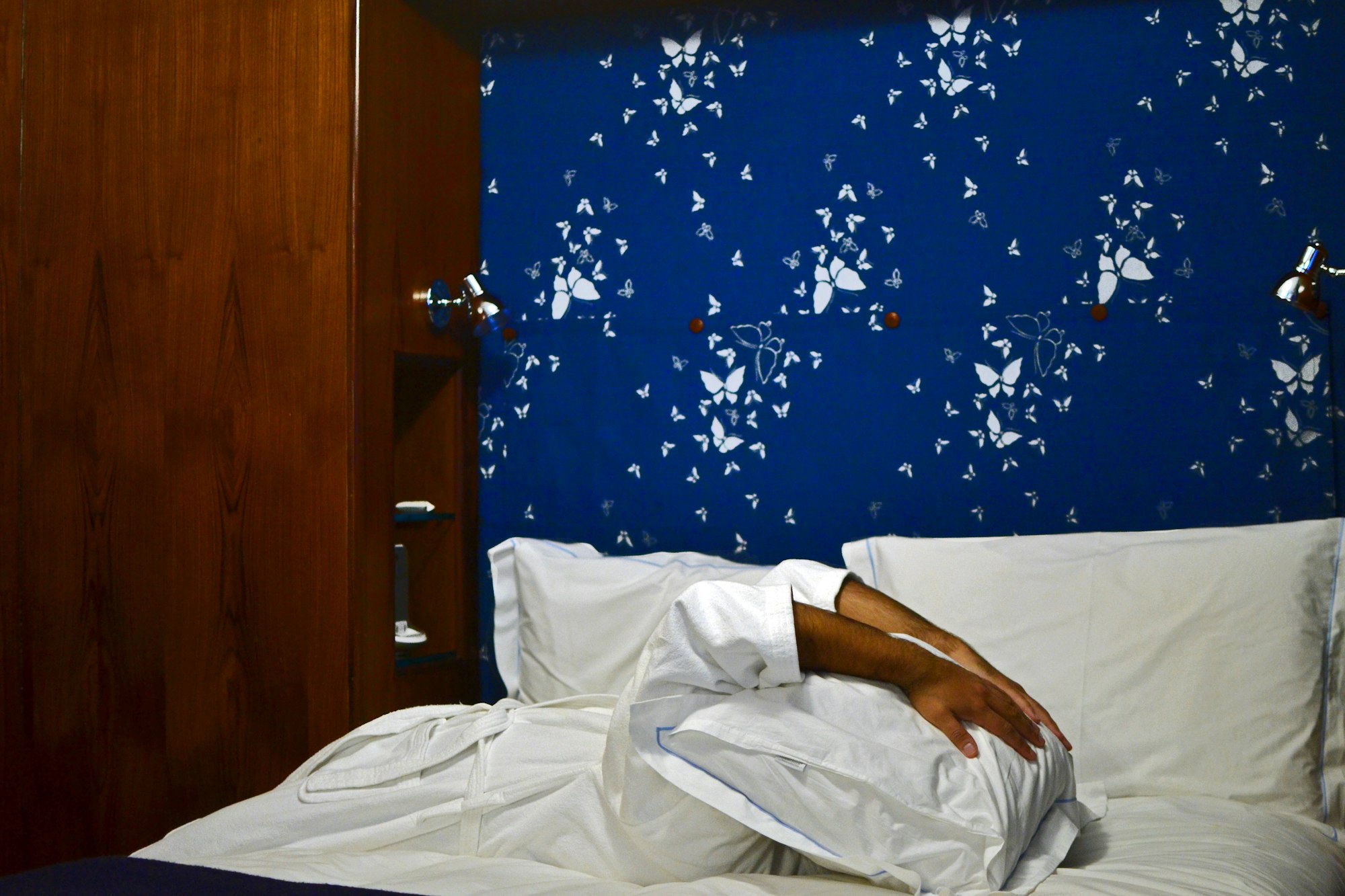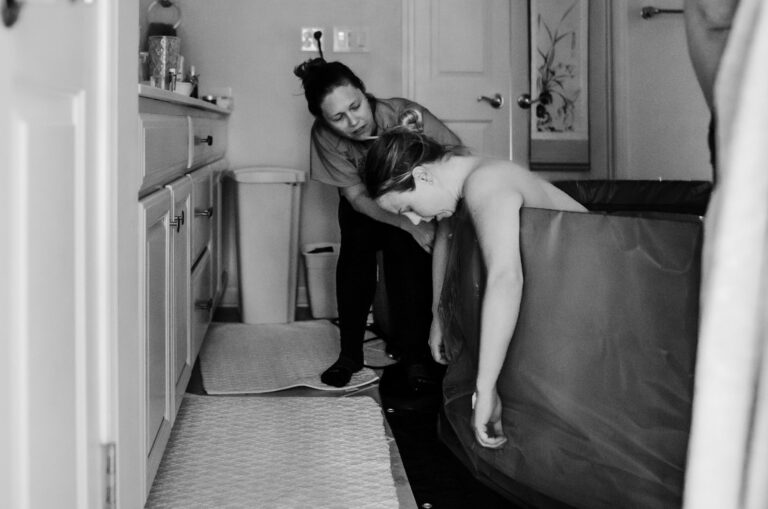When night turns into a patchwork of broken naps and restless limbs, fathers often grapple with a unique, unspoken struggle. Baby sleep disorders impact on father in ways that ripple far beyond tired eyes at the breakfast table. Imagine feeling the weight of constant fatigue, the sting of self-doubt, the strain on relationships—while yearning to support both your partner and your baby. Many fathers report wrestling with exhaustion, irritability, loss of concentration, and sometimes an undercurrent of sadness or frustration. Parents wonder: why does disrupted infant sleep leave such a profound mark? What helps when energy feels drained and confidence slips away? Throughout this exploration, discover the physiological, emotional, and social consequences of baby sleep disorders on fathers, how to foster resilience at home, and the scientifically grounded solutions that matter most for family well-being.
Understanding baby sleep disorders: what every parent should know
Baby sleep disorders refer to a range of conditions that disrupt babies’ sleep patterns—think night wakings, resistance at bedtime, or reliance on a bottle or rocking just to drift off. Other manifestations include sleep-disordered breathing, such as snoring or pauses in breathing, and parasomnias like night terrors or abnormal movements. It’s surprising to note that up to 40% of neurotypical infants, and as many as 80% with neurodevelopmental disorders, demonstrate significant sleep challenges. Why? The causes are complex—fluctuating between biological maturity, temperament, disruptions in circadian rhythms, family stress, and inconsistent routines.
Parents observe the warning signs: trouble settling to sleep, frequent night awakenings, irritability, prolonged crying, unusual noises, or increased movement. Lacking restorative rest sets off a chain reaction, especially for fathers, whose sleep is so often overlooked when compared to maternal sleep science.
How sleep deprivation affects fathers’ bodies and minds
Feel the ache in your muscles, the fog in your mind? Put simply, baby sleep disorders impact on father by eroding both physical reserves and cognitive sharpness. Fragmented nights quickly stack up, manifesting as daytime fatigue, slower reflexes, difficulty focusing, and impaired memory. Many fathers describe the peculiar challenge of being jolted awake, heart pounding, then lying awake long after the baby settles.
Medical studies illuminate these effects—chronic partial sleep deprivation reduces immune responsiveness, elevates blood pressure, and even impairs glucose metabolism. Over time, underlying exhaustion chips away at emotional resilience, increasing the risk for mood disturbances. When sleep problems become persistent, some fathers notice their patience thinning and their responses shifting from nurturing to irritable or abrupt. Ever snap at a tiny misstep, then feel a pang of regret? Sleep loss, simply put, amplifies these reactions.
At work, many fathers struggle to compartmentalize this fatigue. Missed details, falling productivity, or an increased risk of accidents can surface—especially in roles requiring sustained attention. It’s not “just tiredness.” It is a biological and psychological response with real-life consequences.
Emotional and psychological effects: a spectrum often hidden
Baby sleep disorders impact on father
through an intricate mesh of emotions—frustration, guilt, anxiety, and, for some, symptoms aligning with postnatal depression. Although often less discussed than maternal mental health, research confirms that approximately 1 in 10 fathers displays signs of postpartum affective disorders, closely tied to the level of sleep disruption at home.
Picture standing by the crib, unable to soothe your baby, while questioning your competence as a parent. Fathers explain feeling sidelined if their partner seems more adept at calming the baby. Sometimes, intrusive thoughts spiral: “Am I enough?” “Do I help, or make things worse?” Occasionally, fathers experience emotional withdrawal, seeking refuge in work, hobbies, or even just silence, while internally wrestling with feelings of inadequacy.
Medical professionals recognize that disrupted sleep disrupts serotonin and dopamine regulation—chemicals vital for emotional stability—making anger, sadness, or numbness likelier. Open conversations about paternal emotional health are pivotal in addressing these hidden but impactful challenges. The effects linger, quietly shaping father-baby bonding and the broader emotional climate at home.
Family dynamics and partnership: the hidden fault lines
Family equilibrium—so delicately balanced—often trembles beneath the surface when baby sleep disorders impact on father. Both partners might find themselves locked in a cycle of blame, misunderstanding, or unspoken resentment. How are night duties divided? Who answers the midnight cries? Suddenly, small disagreements can escalate, fueled by exhaustion.
Psychologists point out that sleep deprivation lowers the threshold for misunderstandings and magnifies minor annoyances. Fathers sometimes describe feeling surplus to requirements, especially if the mother is breastfeeding or if cultural norms shape their involvement. For some, the mother-infant bond seems impenetrable, leaving them grappling with envy or emotional distance.
In this swirl of fatigue and emotion, intimacy can wane. Libido takes a nosedive; communication often shifts from warmth to logistical efficiency. On the brighter side, studies show that when fathers are brought into the bedtime routine—reading stories, cuddling, or simply rocking the baby—they experience increased emotional connection with both the child and their partner. Sharing responsibilities, fostering transparency, and recalibrating expectations allow families to weather the storm with less friction.
Social implications and adjustments to daily life
One underrecognized aspect? The baby sleep disorders impact on father carries well into social and personal routines. Activities once eagerly anticipated—sports, outings, even brief catch-ups with friends—can be abandoned to carve out time for rest (or simply to avoid the effort required). Some fathers admit to seeking refuge at work, while others become more isolated, their social ties quietly eroding.
Research into parental burnout underscores the value of external support—peer groups, parenting communities, or trusted friends offer a lifeline, sparking new coping strategies or just space for venting. Fathers who cultivate brief moments for self-care—whether exercise, mindfulness, or creative pursuits—report a gradual uplift in mood and stamina. The key? Small, sustainable practices that build resilience without demanding impossible standards.
Scientific perspectives and evidence-based solutions
Peer-reviewed research spell out one fact: baby sleep disorders impact on father through significant upticks in emotional distress, chronic tiredness, and changes in partner dynamics. MRI scans have demonstrated altered brain activity in sleep-deprived parents, particularly in regions connected to emotion regulation and executive function. Circulating cortisol (the body’s primary stress hormone) runs high, sometimes for weeks or months.
The consensus among pediatricians and sleep specialists? Early intervention and inclusive family approaches yield measurable benefits. When fathers are involved in bedtime rituals and empowered to share their struggles, rates of infant night waking decrease—and parental well-being improves, too.
Medical advice centers on establishing predictable routines (for example, dimming lights at the same hour nightly, avoiding stimulating activities, and using calming sensory cues like soft lullabies). Sleep associations—objects or routines a baby links to falling asleep—should be gentle, sustainable, and shareable between caregivers. Consulting a healthcare professional or sleep expert may uncover underlying sleep-disordered breathing or neurological issues that standard advice won’t resolve.
Practical strategies for fathers and families
How can one weather these storms? A multi-pronged, evidence-backed approach makes a difference.
- Set predictable sleep and wake times—even on weekends.
- Develop a structured bedtime routine: a warm bath, a soothing story, gentle music, and dim lighting all pave the way for sleep.
- Share night care responsibilites in shifts; use sleep tracking apps to spot patterns or improvements.
- Acknowledge emotional responses—frustration, sadness, worry—and discuss them with your partner, a friend, or a professional. Avoid bottling up these feelings.
- If exhaustion feels overwhelming or your infant’s sleep remains severely disturbed, consult a pediatric or sleep specialist early. Screen for maternal and paternal mood disorders; fathers often slip through the cracks.
- Engage in brief but regular self-care activities—even ten minutes of stretching, a short walk, or focused breathing exercises can create pockets of relief.
Insights and support: voices of real fathers
“Divide and conquer”—that’s a strategy echoed in countless testimonials. Many fathers advocate taking turns on night shifts, communicating openly about “good” and “bad” nights, and lowering the bar (temporarily) for household chores. They highlight the value in small victories: a successfully settled baby, a twenty-minute nap while someone else takes over, sharing frustrations with fathers facing similar challenges. Humor, patience, and solidarity often emerge as unlikely sources of strength. And in many stories, what stands out is not the magnitude of the problem, but the creative, communal ways families respond.
Key takeaways
- Baby sleep disorders impact on father in multidimensional ways, spanning physical fatigue, emotional upheaval, and shifts in daily life.
- Disrupted sleep influences concentration, mood, job performance, and the fabric of family relationships.
- Emotional openness and active participation by fathers—especially in sleep routines and nighttime care—reduce distress for everyone.
- Medical science underscores the importance of regular routines, sensitive nighttime responses, and swift access to professional support when needed.
- Early screening for mood disturbances and leveraging peer or community networks can transform challenging periods into opportunities for growth.
- Download the Heloa app for tailored guidance, comprehensive sleep tips, and free health questionnaires for your child—expert insight, at your fingertips.
Questions Parents Ask
How can sleep disorders in babies affect a father’s relationship with his partner?
Sleep deprivation can sometimes bring more tension into the couple’s daily life. Fatigue may make small misunderstandings escalate more quickly, and both parents might feel less patient or less available emotionally. Some fathers notice that communication becomes more about logistics than real connection, and intimacy might temporarily decrease. It can help to regularly discuss how each of you is feeling, try to share night responsibilities when possible, and remember that this phase is temporary. Supporting each other, even with small gestures, can make a real difference for your relationship.
What are some ways fathers can cope with stress related to their baby’s sleep problems?
Managing stress linked to your baby’s sleep can feel overwhelming, but there are simple actions that might help. Try to carve out short breaks during the day, even just a few minutes, to relax or recharge—mindful breathing, gentle stretching, or a brief step outside can be beneficial. Don’t hesitate to talk about your feelings with someone you trust, whether it’s your partner, a friend, or a professional. Connecting with other parents who have similar experiences often provides comfort and new ideas. Remember that asking for help isn’t a sign of weakness—it’s a way to care for yourself and your family.
Can lack of sleep affect a father’s ability to bond with his baby?
Sleep loss can sometimes make it harder to feel present or patient, which may lead to worries about the father-baby bond. Rassurez-vous : emotional closeness grows through small moments—cuddling, soothing, or simply spending time together during the day or evening. Even if you feel tired or less confident, your efforts truly count for your child. If concerns persist or you feel distant, you can always reach out to a professional for tailored advice and support. Every family faces ups and downs, and maintaining the bond is a gentle, ongoing process.









